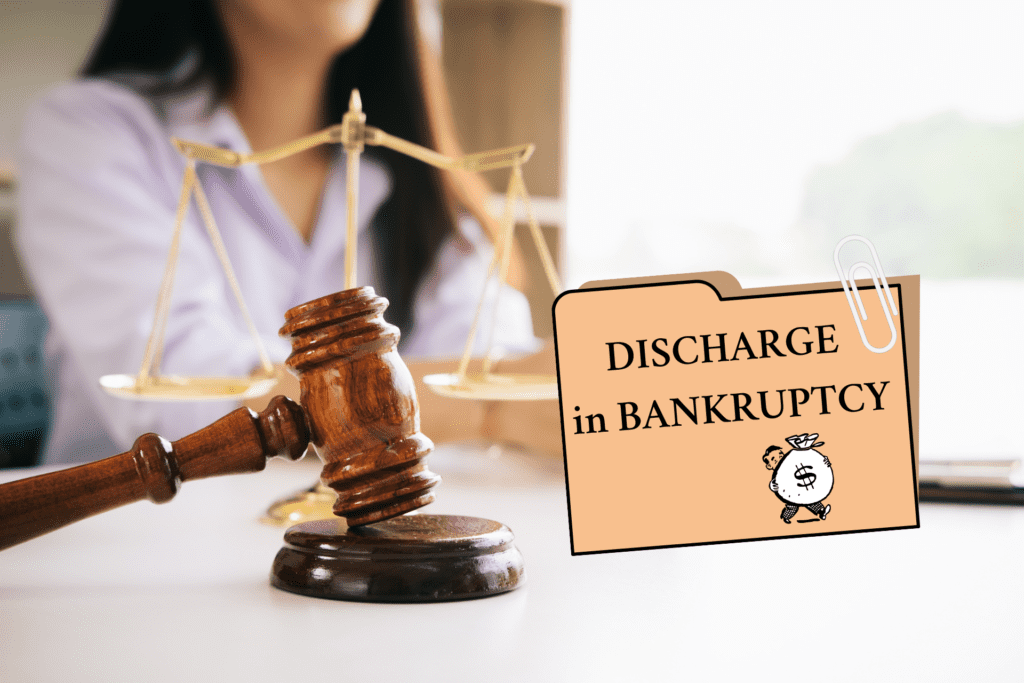
The Discharge is the final result that most people who file bankruptcy hope to achieve. The applicable definition of “discharge” is to release from debt. The word comes from dis- “do the opposite of” and carrus “two-wheeled wagon,” so it literally means to remove passengers or cargo from a vehicle.
In bankruptcy, the Discharge is a court order which voids any judgment for pre-petition liability, and operates as an injunction against the commencement or continuation of an action, to collect a pre-petition debt. See 11 U.S. Code Sec. 524.
A creditor who violates the discharge injunction by attempting to collect a discharged debt can be subject to civil contempt penalties, including attorney fees, actual damages, and punitive damages. If the creditor has an attorney aiding in the violation, the attorney can be held jointly liable for the damages.
Only rarely do creditors attempt to collect discharged debts. However, that happened in a case we worked on recently. The creditor filed a lawsuit in the debtor California state courts alleging about half a million dollars was owed by the debtor. The debtor filed a bankruptcy. The creditor filed an “Adversary Proceeding” (a lawsuit in the bankruptcy court) claiming that the debt was non-dischargeable. Creditor lost. Debtor was granted a discharge. Then, after the discharge was entered, Creditor continued the state court lawsuit against Debtor as if nothing had happened. Amazingly, Creditor retained an attorney willing to help pursue Creditor’s action against Debtor. Creditor’s Attorney refused to dismiss the lawsuit even when informed that it was in violation of the discharge injunction.
Our office got involved and filed a motion to have Creditor and his new attorney held in contempt of court. After a few months of proceedings, the matter went to mediation last week, and Creditor’s attorney agreed to pay a certain sum toward Debtor’s attorney fees. And the state court lawsuit was finally dismissed.
